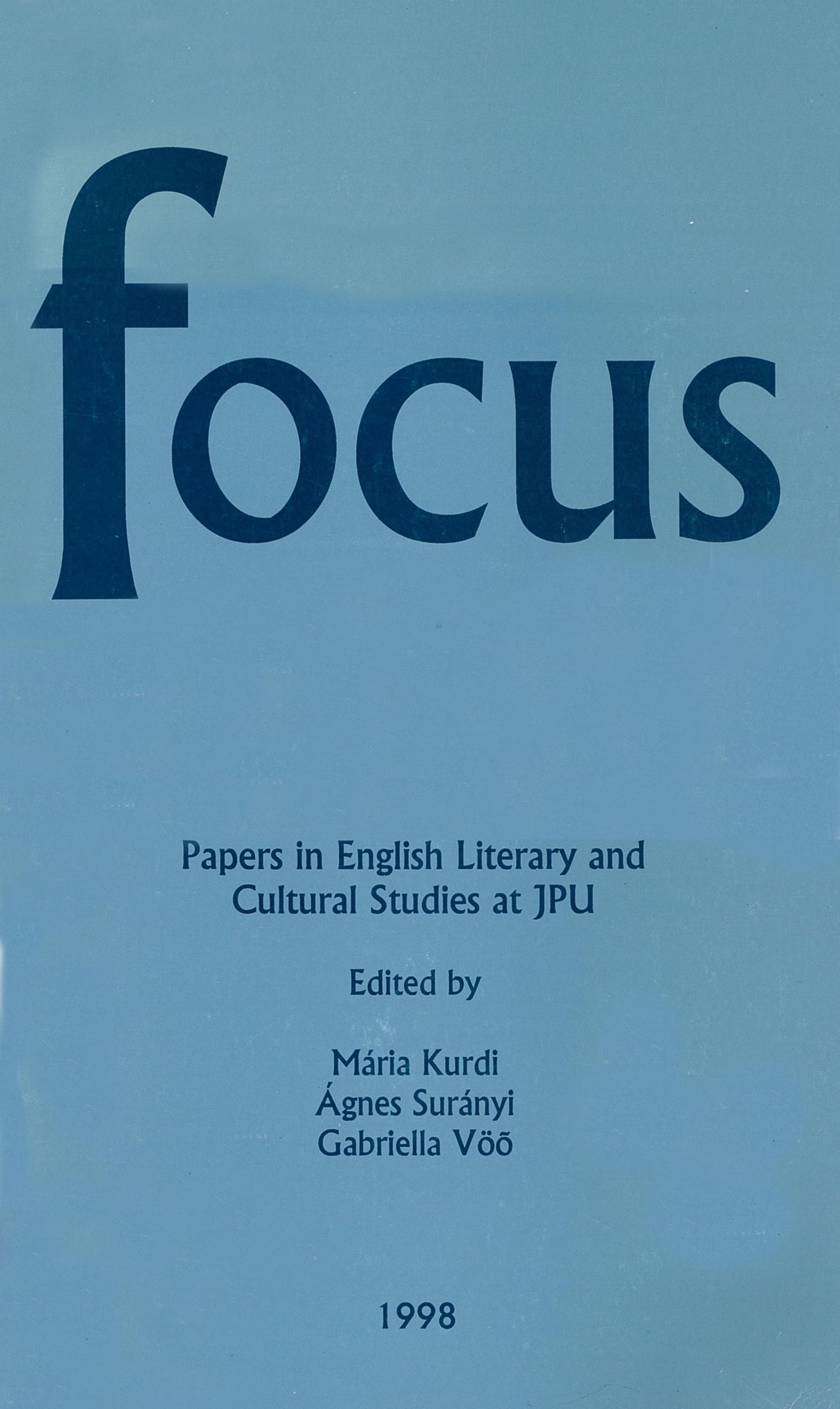Marketing Across Great Divides: Rebecca West on the Margins of Modernism
Abstract
The admirable qualities of literary diversity, independence of opinion, and vital longevity have worked, ironically, to marginalize Rebecca West as a modernist, and indeed as a notable writer in any traditional scheme [1], Yet, as we reconsider the marketing of modernism, we may find that West’s self-promotion as a “harsh” critic of Edwardian and modernist masters has subversive value [2], In 1911, West began to proclaim what was of creative value in contemporary writing, adapting her own fictional practices to these judgments. On the minus side, even James Joyce could be found “sentimental” or “incompetent.” West’s lifelong affiliation with women writers, and the challenges she faced as an unmarried mother, temporarily isolated from the literary scene of London, or traveling alone while lecturing in America, enhance West’s difference of perspective. After 1923, when she broke with her lover, H. G. Wells, for a decade, West needed to make her living by the pen. She did so, resisting temptation to play upon the Wells relationship for publicity. She adapted to changing markets, investigating her abiding concerns about human nature long after the most famous modernists were dead. Since her own death in 1983, there has been a continuing flow of new material.
Downloads
Published
How to Cite
Issue
Section
License

This work is licensed under a Creative Commons Attribution-NonCommercial-NoDerivatives 4.0 International License.
FOCUS: Papers in English Literary and Cultural Studies follows the principles laid down by Creative Commons, which provides guarantees for the Author’s copyright while also ensuring that intellectual properties are made available for the wider public in a digital form. All papers submitted to the journal apply the following licence conditions (indicated on the journal’s website as well as in individual publications):
“© This work is licensed under a Creative Commons Attribution-NonCommercial-NoDerivatives 4.0 International License.”
You are free to:
- Share, copy and redistribute the material included in the journal in any medium or format under the following terms:
- Attribution — You must give appropriate credit to the Author, and indicate the original place of publication [FOCUS: Papers in English Literary and Cultural Studies, Issue nr., page numbers.].
- NonCommercial — You may not use the material for commercial purposes.
- NoDerivatives — You are not allowed to remix, transform, or build upon the material.
- The above conditions must always be indicated if the journal material is distributed in any form.
- The above conditions must always be met, unless a written permission signed by the Author and the Editor-in-Chief states otherwise.

